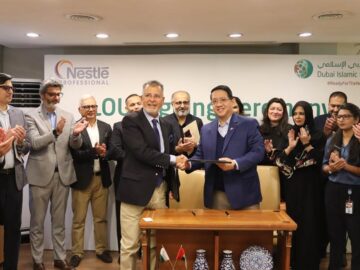
Exporters of goods and services, including IT-based services, are allowed to retain a certain portion of their export proceeds in their Special Foreign Currency Accounts. The fund from these accounts, however, could be utilized for specified purposes only. Over time the types of payments that exporters need to make have increased as exports are becoming more diversified. In order to facilitate the exporters, State Bank of Pakistan (SBP) has now broadened the purposes for which the funds retained in these Special Foreign Currency Accounts (SFCAs)can be utilized. Banks are allowed to make payments from the accounts for a number of new purposes in addition to existing ones. However, there is no change in the percentage of export proceeds allowed to exporters for retention in these accounts.
Exporters shall be able to use SFCAs to make payments abroad for a number of additional purposes including the advertisement, promotion, marketing, brand building etc. abroad; subscription fee for participation in foreign exhibitions & fairs; payment for foreign consultant’s fee; travel expenses abroad; warehousing services, insurance expenses and shelf space expenses aboard; lab testing charges; audit/inspection/certification charges; logistics charges; refund of advance payment received against goods or services; payments for registration of patents, copyrights, drug registration, license fee etc. Moreover, payment for the acquisition of digital services from abroad, operational expenses of liaison/ marketing/ representative offices abroad etc. and investment in subsidiaries or joint ventures abroad can also be made using the funds held in the above-mentioned accounts subject to applicable regulatory framework.
It is expected that the revised instructions would help a great deal to our exporters in promoting their products and brands abroad, which would not just increase their footsteps in foreign jurisdiction but would also increase their exports business. SBP would continue with its resolve to facilitate the business community, particularly the exporters, through creating an enabling regulatory environment conducive to fulfill their legitimate needs.










